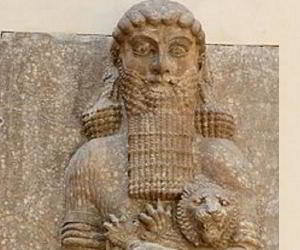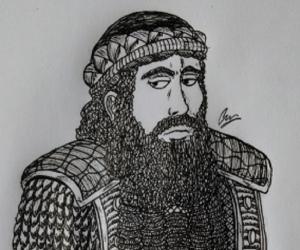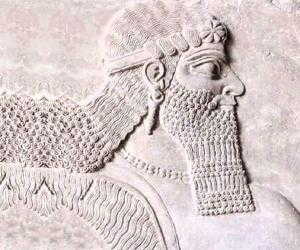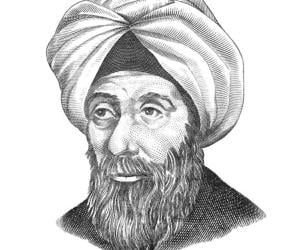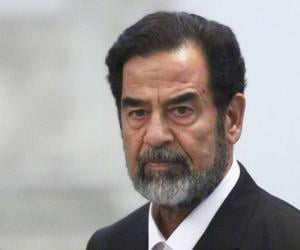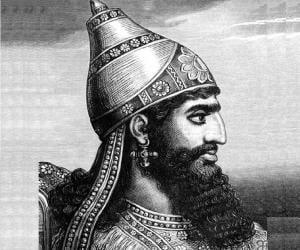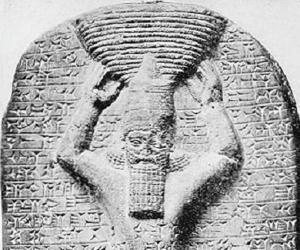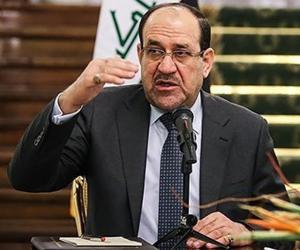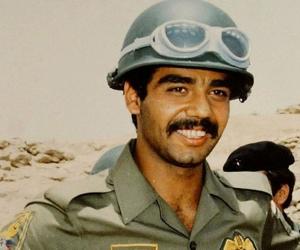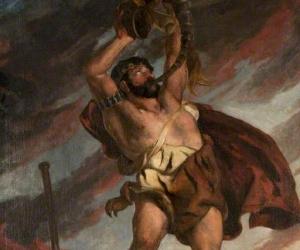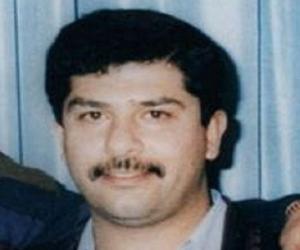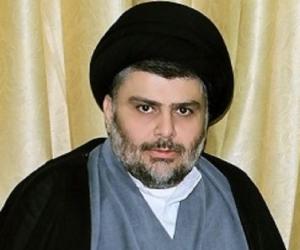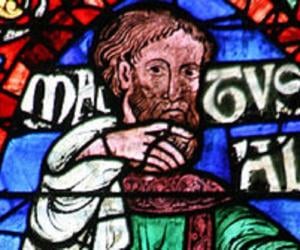Sargon of Akkad reigned as the king of the Akkadian Empire from 2334 to 2284 BC. The first person to rule the Akkadian Empire, Sargon is sometimes recognized as the first person to rule over an empire in recorded history. He is credited with founding the Old Akkadian or Sargonic dynasty, which ruled for several years after his death.
Hammurabi reigned as the first Babylonian dynasty's sixth king from 1792 BC to 1750 BC. During his reign, Hammurabi conquered the city-states of Eshnunna, Larsa, and Mari and brought nearly all of Mesopotamia under Babylonian rule. He is also known for issuing the Code of Hammurabi, which is one of the first law codes to establish the presumption of innocence.
Ibn al-Haytham was an Arab mathematician, physicist, and astronomer of the Islamic Golden Age. He is best remembered for his contributions to the principles of optics for which he is called the father of modern optics. He was the first person to explain visual perception. A polymath, Ibn al-Haytham also wrote influential books on philosophy, medicine, and theology.
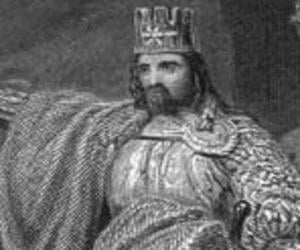
Saddam Hussein ruled Iraq as its president from 1979 to 2003. Described as one of the last of the great dictators of the 20th century, his regime caused the deaths of at least 250,000 Iraqis. Saddam was deposed in 2003 when a U.S led coalition invaded Iraq. Accused of crimes against humanity, Saddam Hussein was sentenced to death in 2006.
Ashurbanipal reigned as the king of the Neo-Assyrian Empire from 669 BC until his death in 631 BC. Widely regarded as the last great king of Assyria, Ashurbanipal is best remembered for the establishment of the famous Library of Ashurbanipal. The library has great historical significance as it holds texts like the Epic of Gilgamesh, the earliest surviving notable literature.
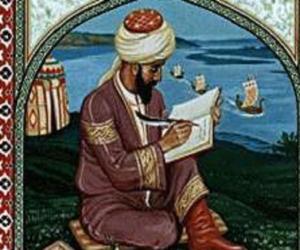


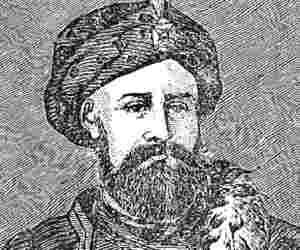
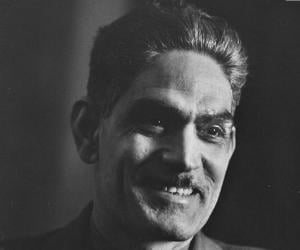
Abd al-Karim Qasim was an Iraqi nationalist and Army brigadier. He came to power after the 14 July Revolution, during which the Iraqi monarchy was overthrown. Abd al-Karim Qasim went on to serve as the Prime Minister of Iraq from 14 July 1958 to 8 February 1963. During his premiership, Qasim laid importance on education and greater equality for women.
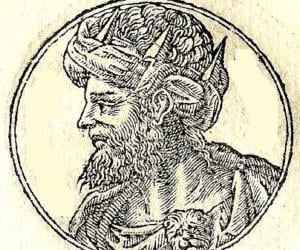
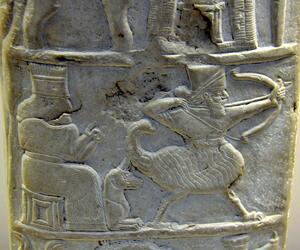
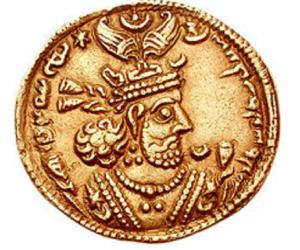
Former prime minister and vice president of Iraq Nouri al-Maliki was the grandson of reputed poet Muhammad Hasan Abi al-Mahasin. He later joined the outlawed Daʿwah party and escaped to Syria under the pseudonym Jawad after his link with the party was discovered. He later became the party leader.

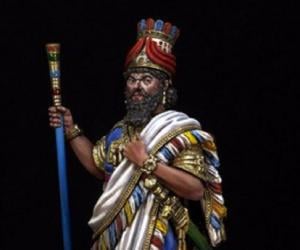
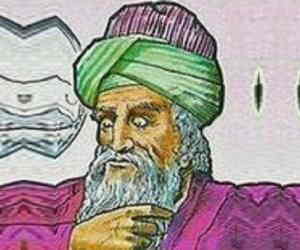
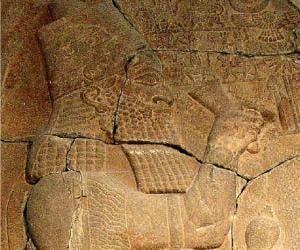
Esarhaddon reigned as the King of the Neo-Assyrian Empire from 681 BC until his death in 669 BC. He is best remembered for his invasion of Egypt in 671 BC. The conquest made his empire the world's largest at that time. Esarhaddon is also remembered for his reconstruction of Babylon.
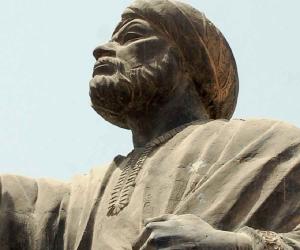
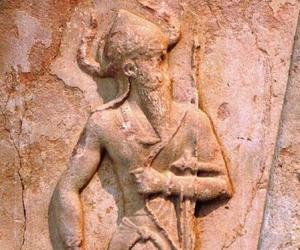
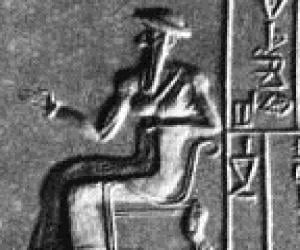
Ur-Nammu reigned as the King of the Neo-Sumerian Empire from 2112 BC to 2094 BC. He is credited with founding the Third Dynasty of Ur, which is also referred to as the Neo-Sumerian Empire, in southern Mesopotamia. Ur-Nammu is best remembered for creating the Code of Ur-Nammu, the oldest known extant legal code in the world.
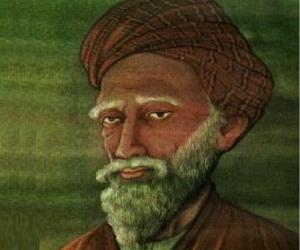
Uday Hussein was an the eldest child of Iraqi dictator Saddam Hussein. Uday was reportedly intimidating and erratically ruthless. Many claim that his relatives and acquaintances were victims of his rage. He was killed in 2003 by an American task force following the invasion of Iraq.
Charles Saatchi is an Iraqi-British businessman. He is credited with co-founding the popular advertising agency, Saatchi & Saatchi. He then went on to co-found another international advertising agency called M&C Saatchi after Charles and his brother Maurice were forced out of Saatchi & Saatchi in 1995. He also owns Saatchi Gallery and is known for sponsoring the Young British Artists.
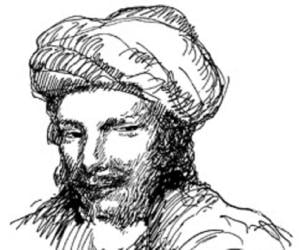
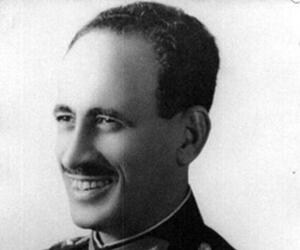
ʿAbd al-Rahman ʿArif was an Iraqi political leader best remembered for his service as the President of Iraq from 1966 to 1968. A prominent politician, ʿAbd al-Rahman ʿArif also served as the Prime Minister of Iraq in 1967. Arif was also a career soldier who played an important role in the 14 July Revolution that overthrew the monarchy.
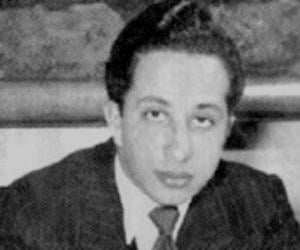

Mustafa al-Barzani was a Kurdish general and leader. He is widely regarded as one of the most important political leaders in modern Kurdish politics. Mustafa Barzani was the primary military and political leader of the Kurdish revolution; he led military campaigns against both the Iranian and Iraqi governments until his death on 1 March 1979.
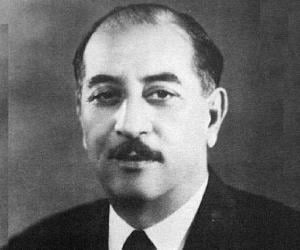
Aḥmad Ḥasan al-Bakr was an Iraqi politician best remembered for his service as the President and the Prime Minister of Iraq from 1968 to 1979. He also served as the Prime Minister of Iraq from February to November 1963. An important political leader, Aḥmad Ḥasan al-Bakr also served as the Minister of Defence from 1974 to 1977.

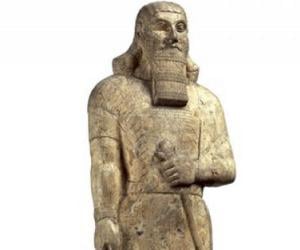

Tariq Aziz was an Iraqi politician best remembered for his service as the Minister of Foreign Affairs from 11 November 1983 to 19 December 1991. An influential political leader, Tariq Aziz also served as the Deputy Prime Minister of Iraq from 16 July 1979 to 9 April 2003.

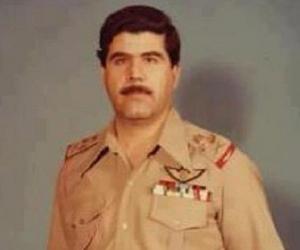
Adnan Khairallah was an Iraqi political leader who served as the Minister of Defence from 15 October 1977 until his death on 4 May 1989. Although he was Saddam Hussein's brother-in-law, Khairallah had a long-standing rift with Hussein, which led many to believe that Adnan Khairallah was killed under orders from Saddam Hussein. His death was officially labeled an accident.
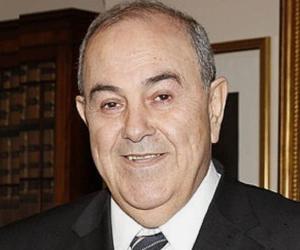
Ayad Allawi is an Iraqi politician best known for his service as the Prime Minister of Iraq from 1 June 2004 to 3 May 2005. A prominent politician, Allawi also served as the Vice President of Iraq from 10 October 2016 to 2 October 2018. A former Ba'athist, Ayad Allawi helped establish a political party called the Iraqi National Accord.


Methuselah was a biblical patriarch and a prominent figure in Islam, Christianity, and Judaism. He was the son of Enoch and the grandfather of Noah. It is believed that he lived for 969 years, due to which Methuselah has become synonymous with longevity. Over the years, he has been referenced and portrayed in several films, television series, and music videos.
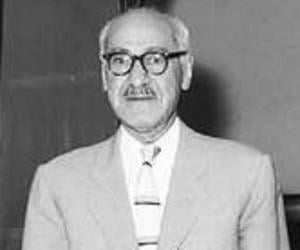
Rashid Ali al-Gaylani was an Iraqi politician best remembered for his service as the Prime Minister of Iraq on three occasions between 1933 and 1941. An ardent Arab nationalist, Rashid Ali al-Gaylani made an attempt to eliminate the British influence from Iraq by commencing a coup d'état in 1941 that deposed the pro-British regime of 'Abd al-Ilah.
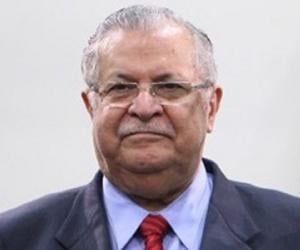
Jalal Talabani was an Iraqi Kurdish politician best remembered for his service as the President of Iraq from 2006 to 2014. Previously, he served as the Acting President from 2005 to 2006. Jalal Talabani is also remembered as the first non-Arab politician to serve as the president of Iraq. He is also credited with founding the Patriotic Union of Kurdistan.

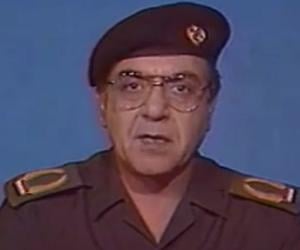
Muhammad Saeed al-Sahhaf is an Iraqi former politician and diplomat. He is best known for his service as the Minister of Information from 2001 to 2003. Muhammad Saeed al-Sahhaf also served as the Minister of Foreign Affairs from 6 June 1992 to 23 April 2001.
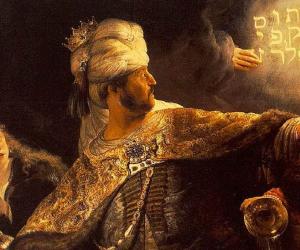
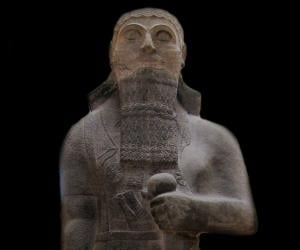
Shalmaneser III reigned as the King of the Neo-Assyrian Empire from 859 BC to 824 BC. His long reign was marked by a series of campaigns against the Babylonians, the eastern tribes, the nations of Syria and Mesopotamia, as well as Urartu and Kizzuwadna. It is in his annals that the Chaldeans and Arabs first appear in recorded history.
